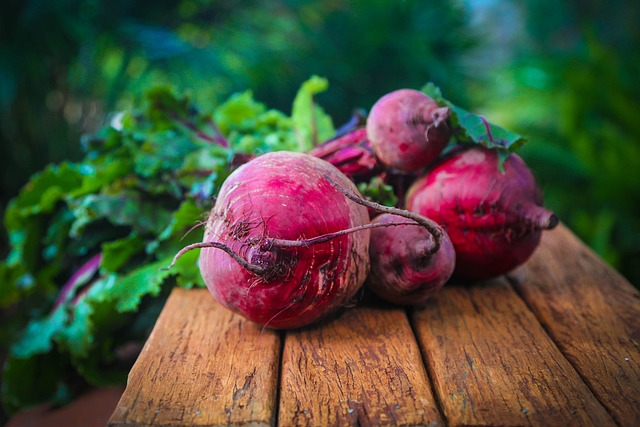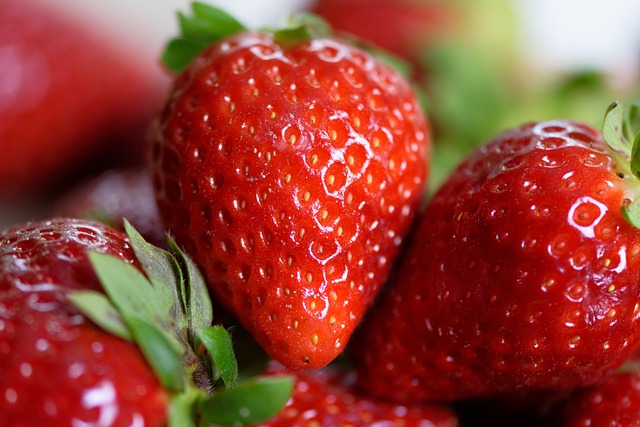Category
Our Best Sellers
-
 Cras viverra rhoncus
Rated 5.00 out of 584.00$
Cras viverra rhoncus
Rated 5.00 out of 584.00$ -
 Suspendisse volutpat massa
Rated 4.00 out of 539.00$
Suspendisse volutpat massa
Rated 4.00 out of 539.00$ -
 In fringilla felis non nulla porta rutrum
Rated 3.00 out of 5
In fringilla felis non nulla porta rutrum
Rated 3.00 out of 578.00$Original price was: 78.00$.65.00$Current price is: 65.00$. -
 Aliquam erat volutpat
Rated 2.00 out of 550.00$
Aliquam erat volutpat
Rated 2.00 out of 550.00$ -
 Suspendisse gravida lacus varius
Rated 1.00 out of 5
Suspendisse gravida lacus varius
Rated 1.00 out of 533.00$Original price was: 33.00$.22.00$Current price is: 22.00$. -
 Théière marocaine artisanale en argent
120.00$
Théière marocaine artisanale en argent
120.00$
-
 Cendrier Authentique et Décoratif
30.00$
Cendrier Authentique et Décoratif
30.00$
-
 Suspendisse vehicula at dui
56.00$
Suspendisse vehicula at dui
56.00$
-
 Aenean non pellentesque mauris
Aenean non pellentesque mauris
68.00$Original price was: 68.00$.55.00$Current price is: 55.00$. -
 Nulla feugiat felis tempor sem
61.00$
Nulla feugiat felis tempor sem
61.00$
Popular
-
 Théière marocaine artisanale en argent
120.00$
Théière marocaine artisanale en argent
120.00$
-
 Cendrier Authentique et Décoratif
30.00$
Cendrier Authentique et Décoratif
30.00$
-
 Aliquam erat volutpat
Rated 2.00 out of 550.00$
Aliquam erat volutpat
Rated 2.00 out of 550.00$ -
 Cras viverra rhoncus
Rated 5.00 out of 584.00$
Cras viverra rhoncus
Rated 5.00 out of 584.00$ -
 Suspendisse volutpat massa
Rated 4.00 out of 539.00$
Suspendisse volutpat massa
Rated 4.00 out of 539.00$


Beets, also known as beetroot, have been cultivated for thousands of years, initially valued for their leaves rather than their roots. Over time, their vibrant roots gained recognition for their unique flavor, nutritional benefits, and versatility in the culinary world. This article delves into the nutritional profile of beets, their health benefits, various culinary uses, and some considerations for including them in your diet.
Nutritional Profile of Beets
Beets are root vegetables that belong to the Chenopodiaceae family, which also includes spinach and chard. They come in various colors, including red, golden, and striped varieties. Beets are low in calories yet rich in essential nutrients. A 100-gram serving of raw beets contains approximately:
- Calories: 43
- Carbohydrates: 9.6 grams
- Protein: 1.6 grams
- Fat: 0.2 grams
- Fiber: 2.2 grams
- Vitamins: High in folate (vitamin B9), with good amounts of vitamin C and various B vitamins.
- Minerals: Rich in potassium, manganese, magnesium, and iron.
- Phytonutrients: Contains betalains (the pigments that give beets their color), which have antioxidant and anti-inflammatory properties.
Key Nutrients in Beets
- Folate: This B vitamin is crucial for DNA synthesis and repair, making it especially important for pregnant women to support fetal development.
- Potassium: Essential for maintaining healthy blood pressure and proper muscle and nerve function.
- Antioxidants: Beets are rich in antioxidants, particularly betalains, which help combat oxidative stress in the body.
- Nitrates: Beets contain dietary nitrates, which can be converted into nitric oxide in the body. This compound plays a vital role in vasodilation, improving blood flow and lowering blood pressure.
Health Benefits of Beets
The nutritional profile of beets is linked to a variety of health benefits:
1. Heart Health
The high levels of dietary nitrates in beets can help improve cardiovascular health. Research shows that consuming beet juice can lower blood pressure in people with hypertension. The nitrates improve endothelial function, enhancing blood vessel dilation, which is beneficial for overall heart health.
2. Enhanced Athletic Performance
Athletes have increasingly turned to beetroot supplementation as a natural ergogenic aid. Studies suggest that the nitrates in beets can improve exercise performance by enhancing oxygen utilization and reducing the oxygen cost of exercise. This is particularly advantageous for endurance athletes.
3. Anti-Inflammatory Properties
Beets contain betalains, which have been shown to possess anti-inflammatory properties. Chronic inflammation is linked to various diseases, including heart disease, cancer, and diabetes. Including beets in your diet may help mitigate some of this inflammation.
4. Digestive Health
Beets are a good source of dietary fiber, which promotes healthy digestion by supporting regular bowel movements and feeding beneficial gut bacteria. Fiber also helps maintain a healthy weight by promoting feelings of fullness.
5. Cognitive Function
There is emerging evidence that beetroot may support brain health. The nitrates can enhance blood flow to the brain, potentially improving cognitive function and reducing the risk of dementia. Some studies have suggested that dietary nitrates may play a role in delaying age-related cognitive decline.
6. Detoxification Support
The betalains in beets also aid the body\’s natural detoxification processes. They enhance liver function and may help protect against oxidative damage, promoting overall liver health.
Culinary Uses of Beets
Beets are incredibly versatile and can be used in various culinary applications:
1. Raw
Raw beets can be shredded into salads or sliced thinly for a crunchy texture. They can also be juiced for a nutritious drink.
2. Roasted
Roasting beets enhances their natural sweetness. Simply wrap them in foil and roast until tender, then peel and serve as a side dish or in salads.
3. Boiled or Steamed
Boiling or steaming beets retains their nutrients and makes them easier to slice for salads or sandwiches.
4. Pickled
Pickling beets adds a tangy flavor, making them a popular addition to salads, sandwiches, and charcuterie boards.
5. Soups and Stews
Beets can be incorporated into soups, such as the classic borscht, which is a traditional Eastern European soup known for its vibrant red color and hearty flavor.
6. Baking
Beet puree can be used in baking to add moisture and color to muffins, cakes, and brownies. This can be a great way to sneak in additional nutrients.
Considerations for Consumption
While beets offer numerous health benefits, there are a few considerations to keep in mind:
1. Oxalates
Beets contain oxalates, which can contribute to kidney stone formation in susceptible individuals. Those with a history of kidney stones may want to limit their intake or consult a healthcare provider.
2. Beeturia
After consuming beets, some people may experience beeturia, a harmless condition where urine turns pink or red. This phenomenon can be alarming but is generally not a cause for concern.
3. Blood Sugar Levels
While beets have a moderate glycemic index, they can still impact blood sugar levels. People with diabetes should monitor their intake and consider pairing beets with protein or healthy fats to mitigate blood sugar spikes.
Conclusion
Beets are a nutritional powerhouse, offering a wealth of health benefits while being delicious and versatile in the kitchen. Their unique blend of vitamins, minerals, and phytonutrients makes them an excellent addition to any diet. Whether you enjoy them raw, roasted, pickled, or in soups, incorporating beets into your meals can help support heart health, enhance athletic performance, and promote overall well-being. As with any food, moderation is key, and it’s essential to consider individual health conditions when adding new foods to your diet. So go ahead, embrace the beet, and enjoy all the nutritional benefits it has to offer!
Written by hicham
Best offers
Join Risk Free
30 days refund
100% Safe
Secure Shopping
24x7 Support
Online 24 hours
Best Offers
Grab Now
Shipping worldwide
Delivery to all countries of the world.
Know Us

Neque viverra justo nec ultrices dui sapien eget. Gravida cum sociis natoque penatibus. Imperdiet proin fermentum leo vel orci porta non
Read MoreStore Updates



Product Showcase







